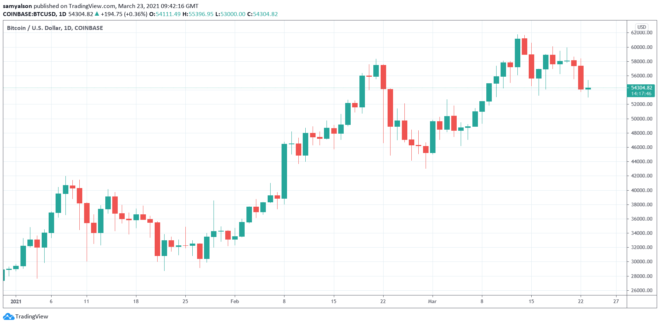The Financial Action Task Force (FATF) has released updated draft crypto guidelines. A review of the changes highlights recommendations to increase the mass surveillance of users.
The greatest fear of regulatory overreach is that it will stifle innovation and deter privacy-conscious investors from participating.
Crypto Under The Spotlight
FATF is a global financial watchdog that sets international standards to tackle money laundering and terrorist financing. It spans over 200 countries and jurisdictions and intends to bring unified policies regarding regulatory reform against these illegal activities.
The organization comprises appointed officials from its member countries, none of which are democratically elected. They determine recommendations on how its members should deal with financial crime from a policy standpoint.
“While these so-called recommendations are non-binding, if a member nation was to refuse to implement them, severe diplomatic and financial consequences could result.”
Last week, FATF released its updated guidelines on virtual assets. This is the third iteration, the first being released in 2015 and then revised guidance in 2019.
The Director of Research at Coin Center, Peter Van Valkenburgh, said the 2019 revision at least brought parity between crypto-assets and trad-fi. But Van Valkenburgh slammed the latest updated guidance, saying it calls for mass warrantless surveillance against crypto users.
He points out three areas of concern. First is a change in the definition of Virtual Asset Service Providers (VASPs). Meaning more entities are obliged to register and conduct AML surveillance. This would include non-custodial participants such as multi-sig minority keyholders, smart contract participants, even decentralized exchange software developers.
It also advocates against peer-to-peer and privacy technology transactions. Under the new guidance, VASPs are asked to restrict support for privacy-enhancing technologies and P2P transactions by design.
Van Valkenburgh’s final concern regards the proposal for exchanges to collect specific data on transacting parties. It recommends VASPs keep records on all transactions, not just those applicable under the “travel rule.”
Michael Saylor Shares His Thoughts on Regulation
Previously, Bitcoin-bull Michael Saylor has expressed his lack of concern on regulation. He argues that countries that encourage crypto will flourish, while those who restrict it will suffer.
“I think the forward-thinking progressive governments are going to embrace it, and they’re going to benefit from it. And I think backward-looking governments are going to fear it and they’re going to suffer from the lack of it.”

Saylor makes the case that any country that fails to embrace Bitcoin and cryptocurrency will be left behind. More importantly, this is an argument most governments and regulators understand.
“Turn off the internet and turn off electricity, and tell me what your strategy is to avoid sliding back to the Stone Age. It’s not going to work. We’re not going to abandon satellites, we’re not going to abandon air, space and aerospace technology, we’re not going to abandon crypto technology.”
Regulators in each respective country face the unenviable task of balancing FATF obligations with economic and technological advancement. Logic dictates the latter will prevail.
Bitcoin dipped on news of FATF’s renewed guidance. The leading crypto slid 5% over the last 24-hours.
Source: BTCUSD on TradingView.com




